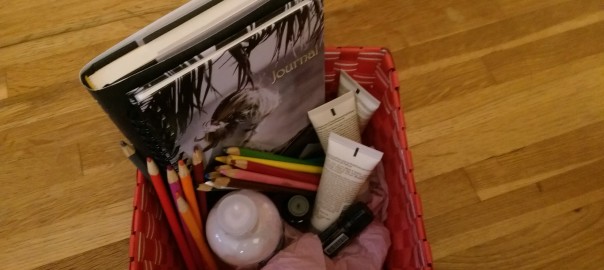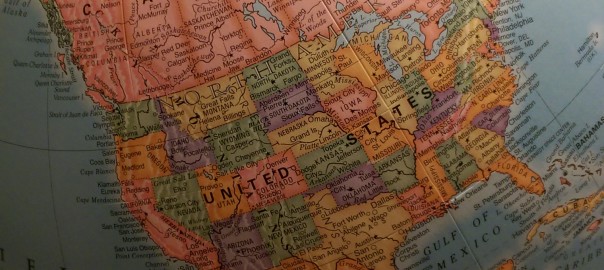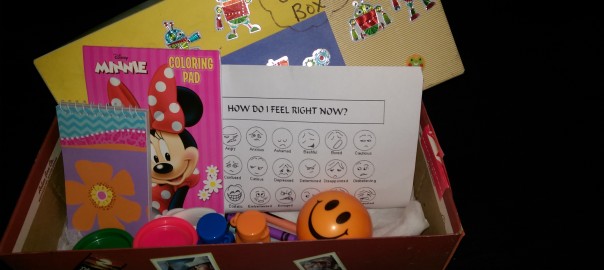Over the years that I have been practicing therapy, I have had the honor of witnessing the variety of ways in which people experience the holiday season. Some clients have shared excitement and joy about the holidays, while others report feeling that the holidays amplify their existing struggles.
Based on similar experiences in their work, many of my therapist colleagues across the country have written powerful and helpful posts about navigating the holiday season. Because there is so much great content that I wanted to share with you, I obtained permission from some my colleagues to compile their links into this series of posts on my blog. Continue reading Helpful Holiday Links from Therapists: Surviving the Holidays (Part 1)









